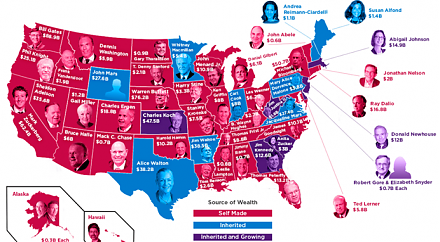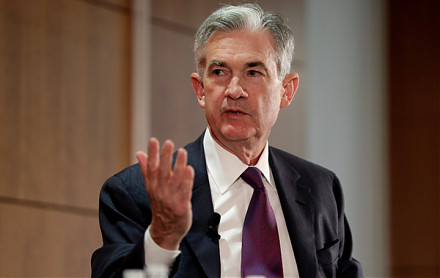

2018-04-29 13:44:00 Sun ET
technology social safety nets education infrastructure health insurance health care medical care medication vaccine social security pension deposit insurance

World Bank economists George Psacharopoulos and Harry Patrinos investigate 1,120 studies across 139 countries to derive an average annual rate of return on each marginal increase in the basic level of educational attainment. This 8.8% pay premium far exceeds the U.S. stock market return about 5.6%-6% per annum over the past 5 decades. The pay premium excludes social gains such as positive social interactions and low mortality rates in close association with better education. Also, the pay premium is higher for girls and college graduates (in direct comparison to postgraduates). This premium is higher in low-income countries primarily as these countries recruit a smaller share of international citizens with higher education.
In accordance with the law of lower marginal value, this pay premium dwindles for each extra year of educational attainment. Psacharopoulos and Patrinos posit a current race between education and technology. This race suggests that high-tech advances accelerate to favor high-skill workers to the detriment of low-skill workers. The normative implication for public policy is that the government should subsidize college education or even graduate school attendance. This subsidization serves as a worthy socioeconomic investment in human capital.
If any of our AYA Analytica financial health memos (FHM), blog posts, ebooks, newsletters, and notifications etc, or any other form of online content curation, involves potential copyright concerns, please feel free to contact us at service@ayafintech.network so that we can remove relevant content in response to any such request within a reasonable time frame.
2017-08-01 09:40:00 Tuesday ET

In American states, all of the Top 4 richest people are self-made billionaires: Bill Gates in Washington, Warren Buffett in Nebraska, Michael Bloomberg in N
2019-06-05 10:34:00 Wednesday ET

Fed Chair Jay Powell suggests that the recent surge in U.S. business debt poses moderate risks to the economy. Many corporate treasuries now carry about 40%
2018-06-21 10:42:00 Thursday ET

Harley Davidson plans to move its major production for European customers out of America due to European Union tariff retaliation. European Union retaliator
2018-07-15 11:35:00 Sunday ET

Facebook, Google, and Twitter attend a U.S. House testimony on whether these social media titans filter web content for political reasons. These network pla
2018-05-11 09:37:00 Friday ET

OPEC countries have cut the global glut of oil production in recent years while the resultant oil price has surged from $30 to $78 per barrel from 2015 to 2
2018-03-17 09:35:00 Saturday ET

Facebook faces a major data breach by Cambridge Analytica that has harvested private information from more than 50 million Facebook users. In a Facebook pos